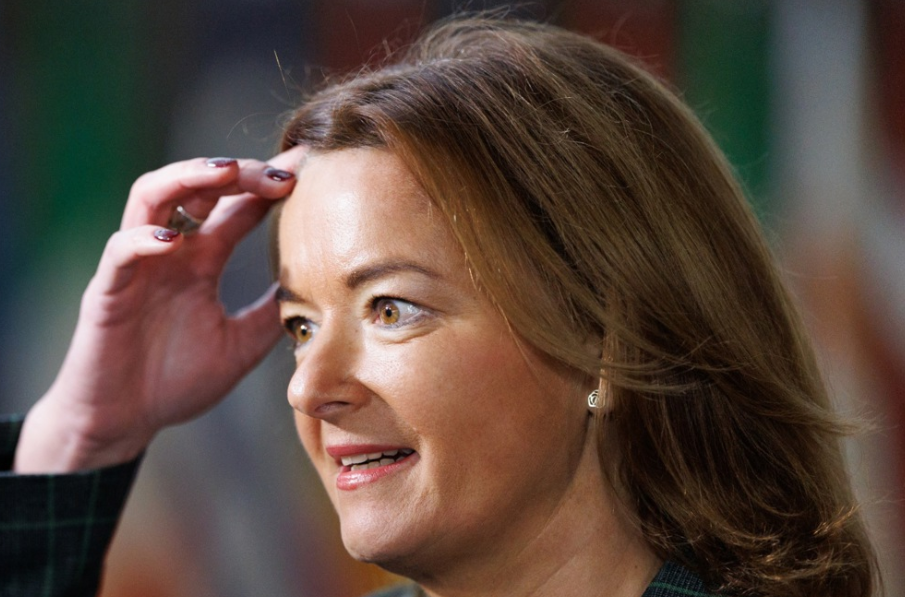The United Nations are organising a special conference on Afghanistan, but women will not be present there, nor will women’s rights be a topic of discussion. The critical public has warned that this is a ‘betrayal of women’. Meanwhile, the Slovenian Foreign Minister, who is supposedly leading a feminist foreign policy, has not yet launched an official protest.
No women will be present at the conference in Doha, held on the 30th of June, nor will women’s rights be on the agenda. “Excluding women risks legitimising Taliban abuses and causing irreparable damage to the UN’s credibility as a defender of women’s rights,” commented Tirana Hassan, Executive Director of Human Rights Watch.
Women’s rights should have been at the top of the conference agenda. The Taliban seized power after the withdrawal of the US forces and the fall of the local authorities, which was then followed by the imposition of Sharia law. Accordingly, women’s access to public institutions, education and employment has been drastically restricted. In March, international media reported that the Taliban regime had reinstated public flogging and stoning as punishment for adultery.
They are making concessions to the Taliban
Representatives of the Taliban regime did not participate in the latest talks about their country, presenting “unacceptable” demands to the UN leadership, as the UN Secretary-General António Guterres pointed out at the time. All indications are that the UN leadership has now given in to the Taliban’s demands, reports the Guardian. Sima Samar, former Afghanistan’s Minister for Women’s Affairs, has also pointed this out.
“One of the main changes is that the people of Afghanistan should protest against discrimination, especially against women. Because this is not just a women’s problem, it is a problem for every family and every father, brother, child and spouse,” Ms Samar noted.
Habiba Sarabi, another former Afghanistan’s Minister for Women’s Affairs, believes that at the moment, the UN is prioritising reaching out to the Taliban regime as such, while women’s rights have somehow been left on the sidelines. “Unfortunately, the international community wants to work with the Taliban, so their own agenda has always been more important than women in Afghanistan, democracy or anything else,” she commented on the announced conference.
How much does “She know”?
Slovenia and Slovenian Foreign Minister Tanja Fajon are in a very good position to influence the development of women’s rights in the world. At the very least, Slovenia, as a member of the United Nations Security Council, could make a public protest against the exclusion of the issue of the repression of women in Afghanistan from the agenda of the forthcoming conference. So far, it has not done so.
This is surprising, given that before the elections, Foreign Minister Tanja Fajon announced that she plans to lead her ministry with a feminist foreign policy, the explicit aim of which was the empowerment of women and girls.
However, the President of the country and co-founder of the feminist association “She knows” (“Ona ve”), Nataša Pirc Musar, who, like Tanja Fajon, has so far remained silent on the matter, could have also protested publicly – but has not.
Ž. K.


